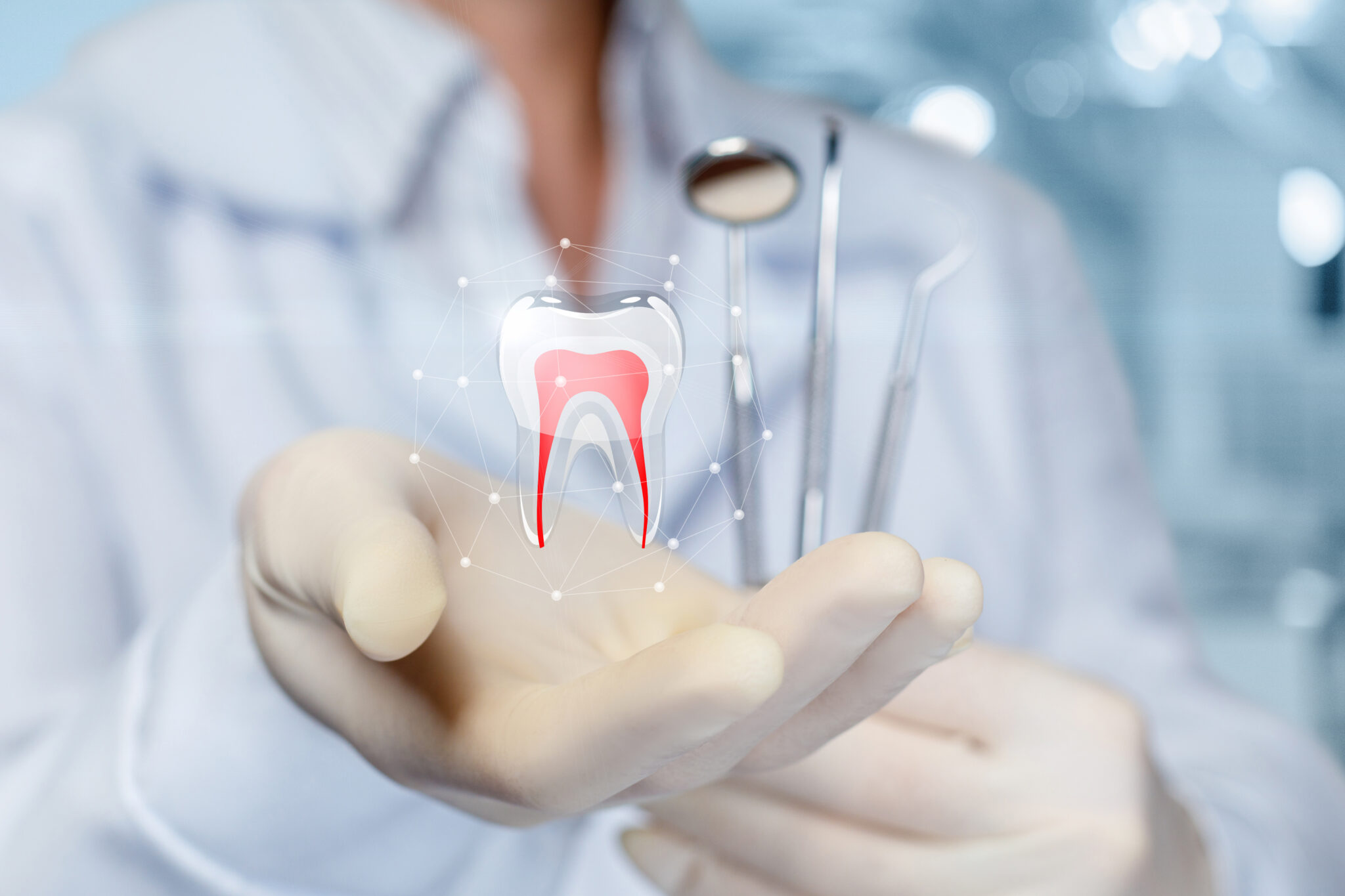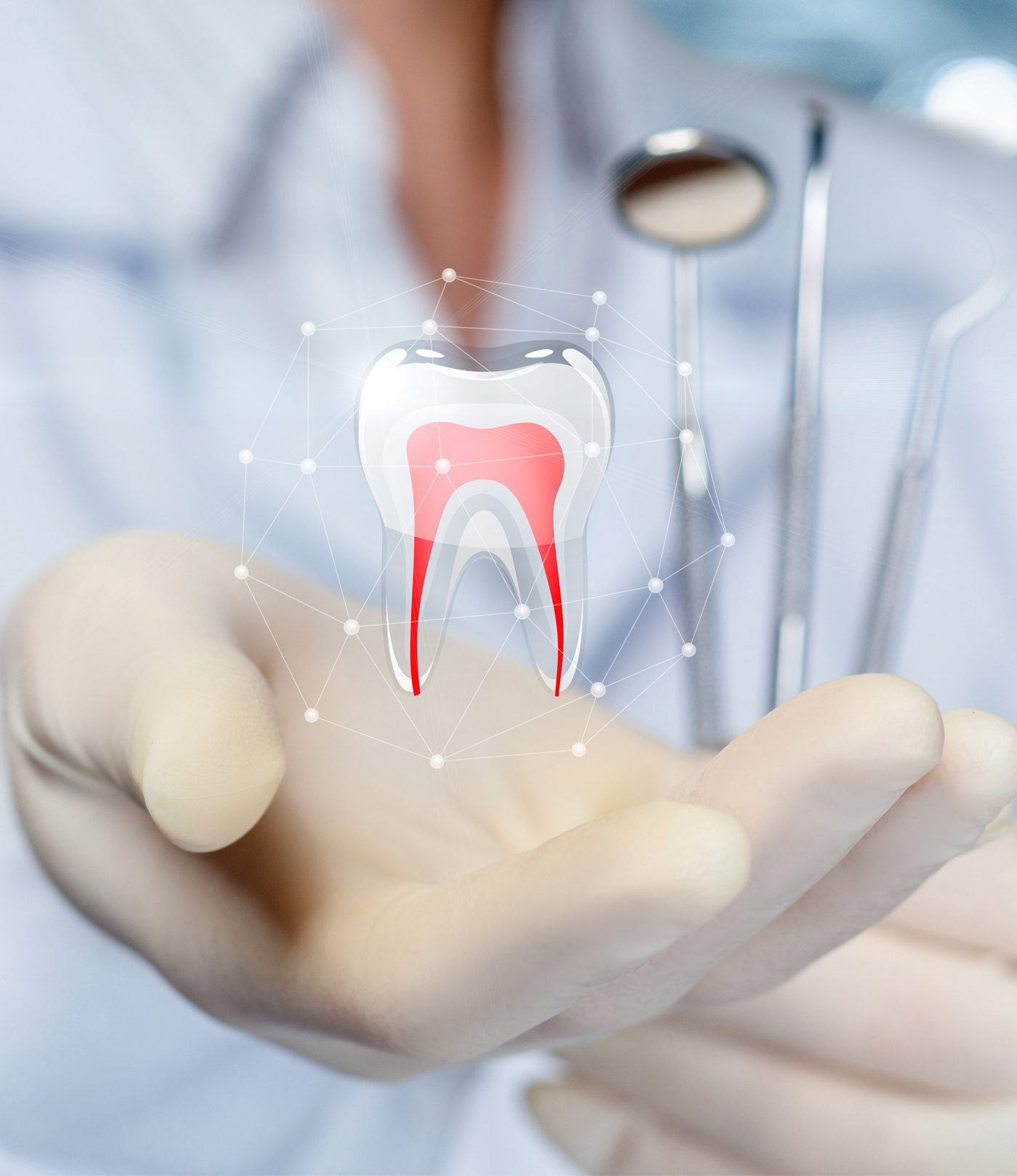Root canal treatment can help save a tooth that has become infected or has extensive decay. When a diagnosis indicates a need for root canal treatment, our first priority is the patient’s peace of mind. The doctor will provide pain relief solutions to make the treatment process as comfortable and gentle as possible for the patient.
 SIGNS AND SYMPTOMS THAT INDICATE YOU NEED DENTISTRY PERFORMANCE.
SIGNS AND SYMPTOMS THAT INDICATE YOU NEED DENTISTRY PERFORMANCE.
– The pain appears even when you are not eating or drinking.
– The pain wakes you up in the middle of the night.
– The pain feels worse when pressured or when eating.
– Teeth are black or discolored.
– Gingivitis.
– Pain in the gums.
– Particularly sensitive to cold/hot foods or drinks.
Ignoring these signs or symptoms can cause harm to your oral health and may lead to other complications including worsening pain or tooth abscess. If you are unsure about any symptoms you are experiencing, make an appointment with German Dental near District 1, Ho Chi Minh City, for consultation and examination.
1. ENDODONTIC PROCEDURES
For most patients, the endodontic procedure can be completed in one visit. Before performing endodontics, doctors will completely anesthetize the tooth that needs endodontics and the affected tooth areas. In most cases, once the tooth has been treated, we recommend adding a ceramic crown to prevent cracking and breaking the tooth.
2. DURING TREATMENT
After anesthesia, the treatment will be completed in one or two appointments depending on the condition of your tooth pulp. If your tooth is severely infected, we may choose to place medication in the root canal for a week or two before completing the root canal to effectively clean it. Your doctor will perform a temporary filling to keep the area sterile. The height of the new teeth will be lower than the old teeth to ensure it does not affect the bite.
3. AFTER TREATMENT
After treatment, you may still have pain for about two days. You should avoid eating and chewing in the newly treated tooth area for a few days or until the pain subsides. The doctor will schedule a restoration appointment for the tooth later. Note that teeth without root canals have a higher fracture rate.

